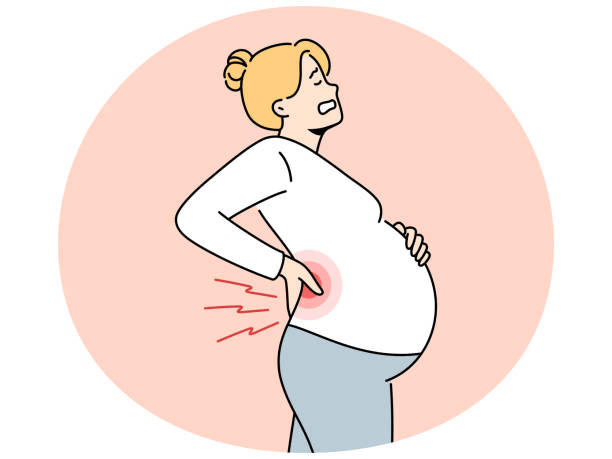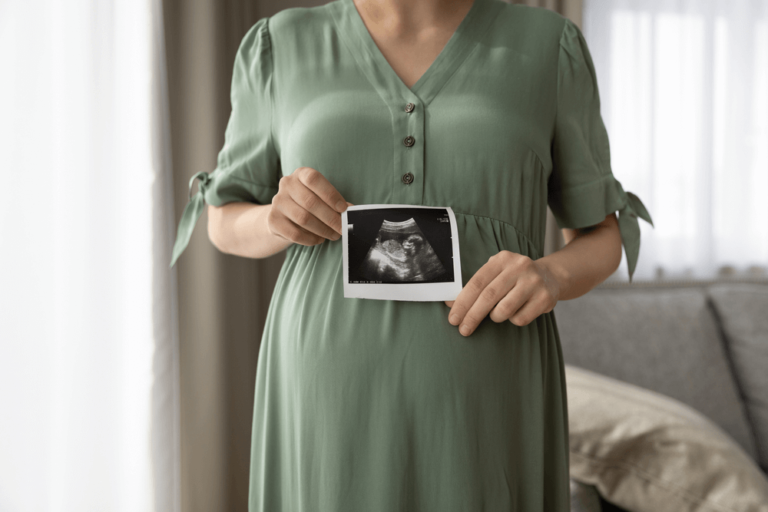Headaches During Pregnancy: Understanding Causes, Symptoms, and Treatments

Headaches are a common concern during pregnancy, especially in the first trimester. While they can be triggered by various factors, managing headaches safely during pregnancy is crucial, as traditional medications may not be suitable. Here’s a comprehensive guide to understanding, managing, and when to seek medical help for headaches during pregnancy.
Common Causes of Headaches in Pregnancy
Headaches during pregnancy often result from a combination of hormonal changes, lifestyle factors, and pre-existing conditions. The two most common types are tension headaches and migraines.
- Hormonal Changes: The surge in hormones, particularly during the first trimester, can lead to headaches. These hormonal fluctuations can also affect neurotransmitters, contributing to migraines.
- Lifestyle Factors:
- Stress: Increased stress levels can cause muscle tension, leading to tension headaches.
- Sleep Disruptions: Both oversleeping and lack of sleep can trigger headaches.
- Dehydration and Hunger: Not drinking enough water or skipping meals can lead to headaches.
- Caffeine Withdrawal: Reducing caffeine intake can cause withdrawal headaches.
- Physical Activity: High-energy exercise without proper preparation can also be a trigger.
3. Dietary Triggers: Certain foods and drinks, like processed meats, aged cheeses, and artificial sweeteners, may trigger migraines. However, cravings or aversions during pregnancy may also play a role.
Also read: Chronic Hypertension In Pregnancy
Identifying Headache Types
Recognizing the type of headache can help in managing it effectively:
- Tension Headaches:
- Typically affect both sides of the head.
- Characterized by a pressing or tightening sensation.
- Generally mild to moderate in severity and not accompanied by nausea or vomiting.
2. Migraines:
- Usually affect one side of the head.
- Often accompanied by pulsating pain, nausea, vomiting, and sensitivity to light and sound.
- Physical activity can worsen symptoms.
Managing Headaches During Pregnancy
It’s crucial to limit medication intake during pregnancy. Here are some safe and effective ways to manage headaches:
- Rest and Relaxation: Find a quiet, dimly lit place to rest. Try to sleep if possible.
- Cold Compress: Applying a cool cloth to the forehead can provide relief.
- Heat Therapy: A warm compress on the neck can help relieve tension headaches.
- Hydration and Nutrition: Stay hydrated and maintain regular, balanced meals to avoid triggering headaches.
- Massage: A gentle massage of the neck and shoulders can alleviate tension.
- Avoid Certain Medications: Avoid aspirin, ibuprofen, and codeine unless prescribed by a healthcare provider, as they can pose risks during pregnancy.
Preventive Measures
To reduce the frequency and severity of headaches, consider these preventive measures:
- Maintain a Headache Diary: Track the frequency, severity, duration, and potential triggers of your headaches.
- Regular Sleep Schedule: Try to maintain a consistent sleep pattern.
- Balanced Diet: Eat small, frequent meals and avoid known dietary triggers.
- Exercise: Engage in regular, moderate exercise to maintain overall health and reduce stress.
- Stress Management: Practice relaxation techniques like yoga, meditation, or deep breathing exercises.
- Consult Professionals: For persistent or severe headaches, consult a physiotherapist or consider acupuncture under the guidance of a certified practitioner.
When to Seek Medical Attention
While most headaches during pregnancy are benign, some symptoms warrant immediate medical attention, as they could indicate serious conditions like pre-eclampsia:
- Severe Headache: Especially if accompanied by blurred vision, flashing lights, or visual disturbances.
- High Abdominal Pain: Pain under the ribs, especially on the right side.
- Nausea and Vomiting: Particularly if severe and accompanied by other symptoms.
- Sudden Swelling: Swelling of the face, hands, or feet.
These symptoms could indicate pre-eclampsia, a serious pregnancy complication that requires prompt medical intervention.
Conclusion
Headaches during pregnancy are common and often manageable with lifestyle adjustments and safe treatment options. Understanding the triggers and symptoms can help expectant mothers navigate this aspect of pregnancy with greater ease and safety. Always consult with healthcare providers before taking any medication or if you experience severe or persistent symptoms.






